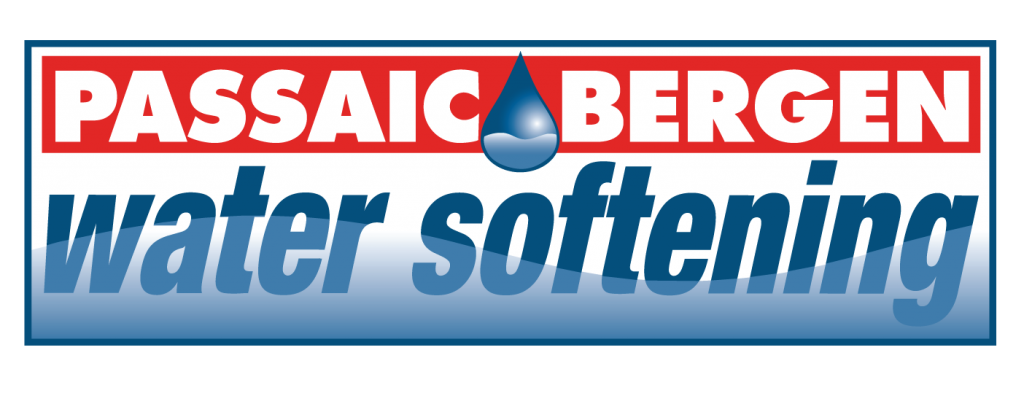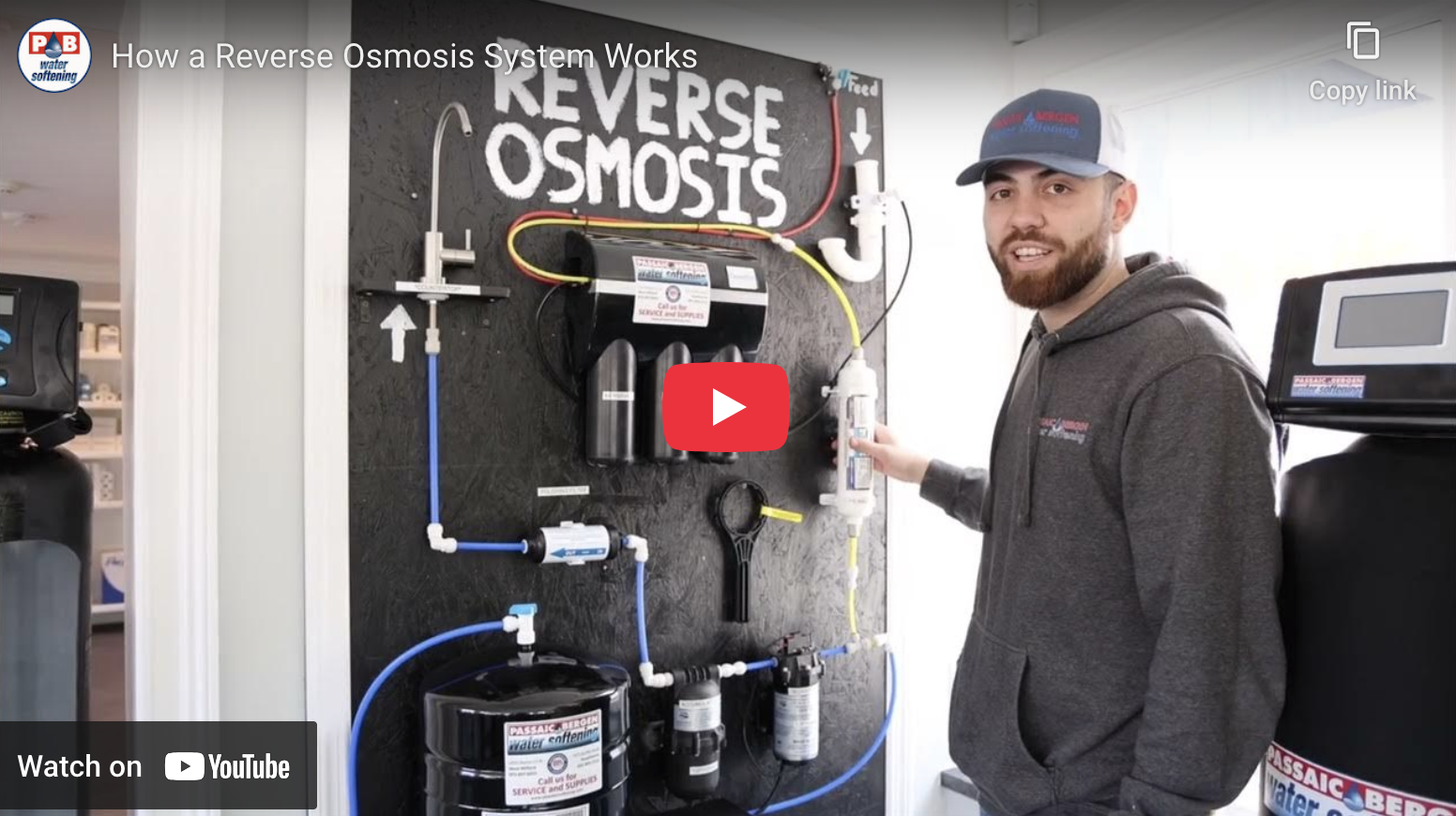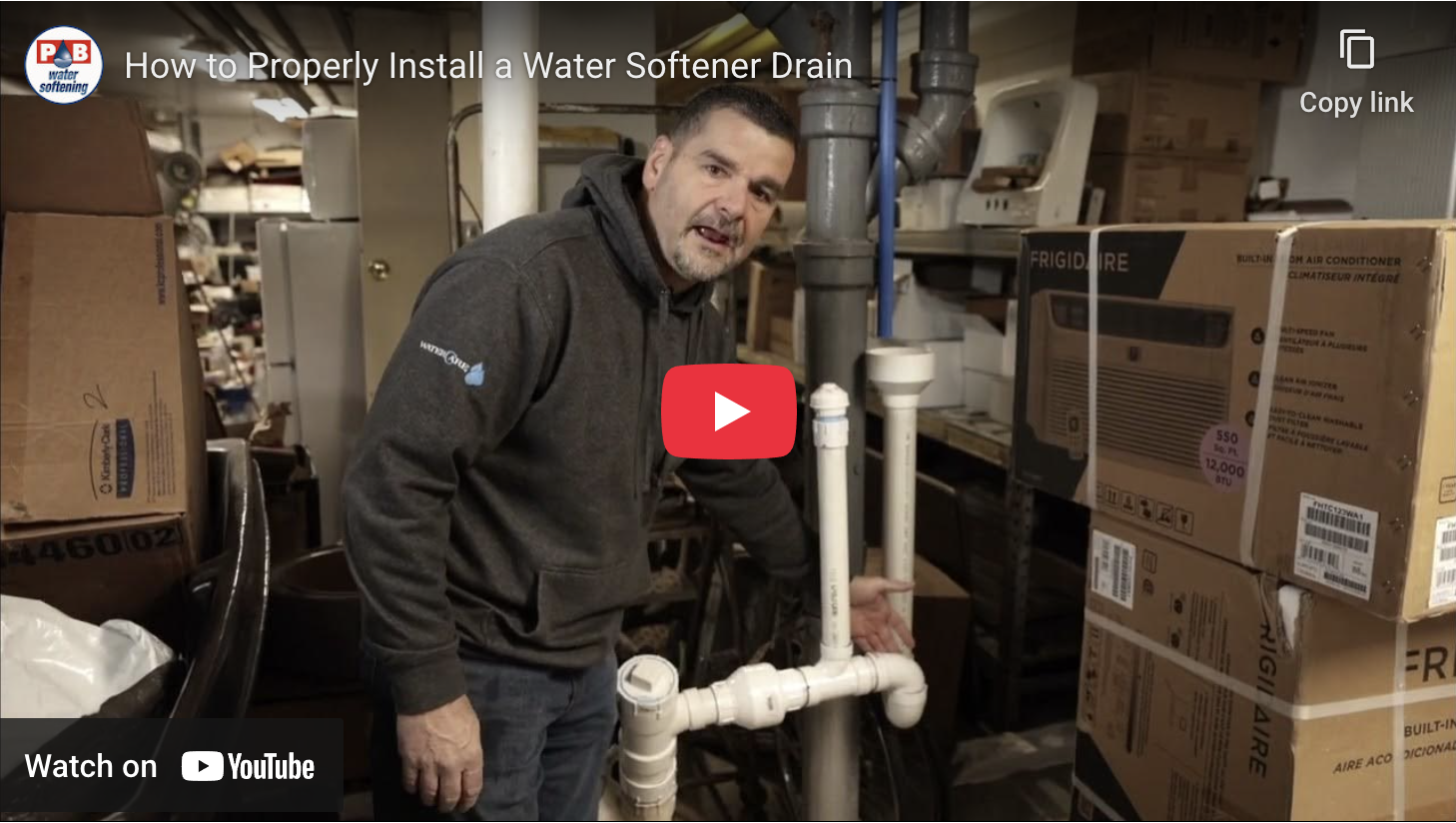They say a rising tide floats all ships. Unfortunately, a rising flood floats all crud. Floods are dangerous natural disasters that often occur hand-in-hand with torrential rains and seasonal storms. Floods can happen when hurricanes sweep the landscape or during an unusually fast snowmelt. Unfortunately, flooding isn’t like a clean bath, it picks up everything and raises the water level so that all water tables mix with the crud that a flood picks up.
This is exactly how flooding can have a negative and dangerous impact on drinking water. Both wells and municipal water supplies are at risk when the water table rises with a flood. After every major flood, there will be a period where drinking water needs to be tested before it is safe to drink again.
How Flooding Can Contaminate Your Home Drinking Water
Farmland Chemical Flood Runoff
One of the biggest risks when the landscape floods is water running long distances and over substances not meant to be spread. Flood water that goes through a rural area picks up farmland chemicals in the runoff. Not only does this add dangerous chemicals to the outdoor flow, when this water flows into local wells and seeps into the water table, but the chemicals also go with it.
Overflowing Sewer Swells
When floods flow through neighborhoods, there is the risk of overflowing the storm drains which, in turn, floods the sewers. Flooding sewers can cause pipes to back up and, worse, for sewage to join the floodwater. This contributes to local water contamination of both wells and water tables.
Broken Pipelines
The last way that floods can contaminate drinking water is broken pipes. When the soil swells with water, the earth shifts, and old pipes can crack or burst. Cracked pipes don’t just spew water outward, they allow crud into the flow that reaches home tap water. This mixes contamination inside and outside the pipe puts your home drinking water at risk.
How to Stay Safe When Local Water is Contaminated
What do you do when flooding has put your home drinking water at risk? This situation is exactly why they advise you to fill your bathtub and all spare bottles with clean water before the utilities go out in a storm. However, you may not have enough, the outage or unsafe drinking water warnings may outlast your supply, or you can plan ahead to avoid this worry entirely.
Check the Public Water System for Safety Announcements
Your local public water system is obligated to post announcements about water safety, when it is contaminated and when it is safe. Keep an eye on their website to know when your drinking water is or is not safe to drink after a flood.
Boil Water Before Using It for Anything
If you must use the water from your taps, even for brushing your teeth or bathing, boil it first. This will remove or kill most of the contaminants that put you at risk. However, filtration may also be necessary.
Run Unsafe Tap Water through High-Grade Filters
High-end filtration systems are capable of removing contaminants from water, even farm, and flood runoff. Use a multi-stage filter on unsafe tap water before drinking it.
Install a Home Water Filtration System
Installing a water filtration system is always a good idea. If your area is prone to flooding, your system will help keep your water safer. A home water filtration system is installed in line with your water line, meaning that even if contaminated water comes in, filtered water comes out of your home taps. This ensures the water you drink is always safe for cooking, bathing, and the family.
Feel Safe and Confident
Plan ahead for clean drinking water during the next flood. Contact us today to consult on the right water filtration system for your home. The team at Passaic Bergen is happy to help provide safe water for your home or business.



